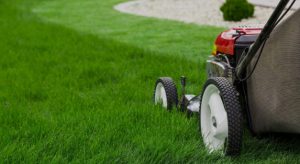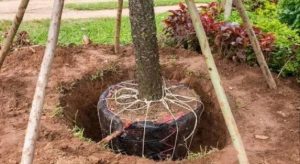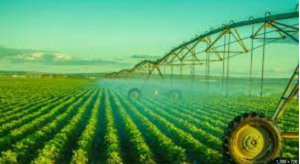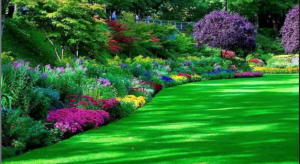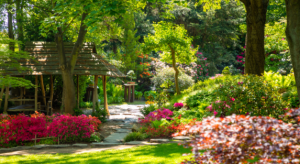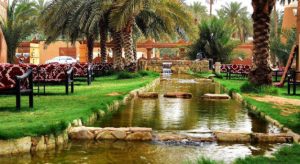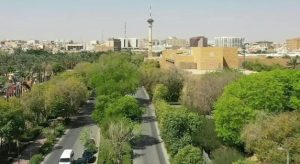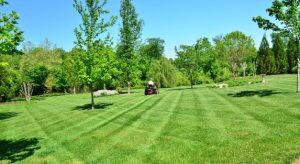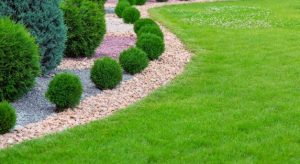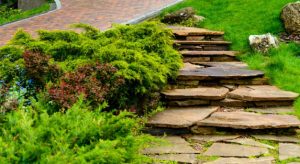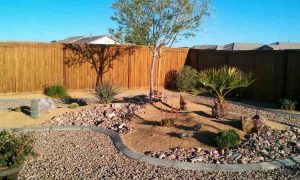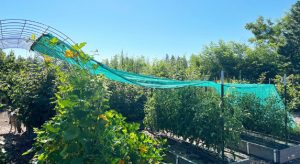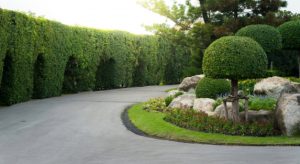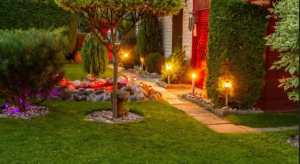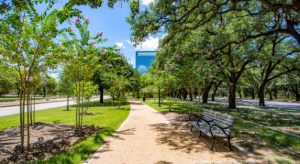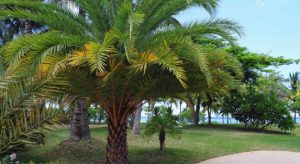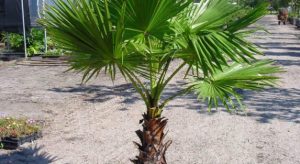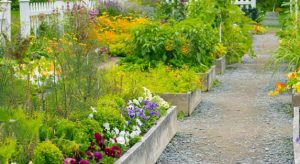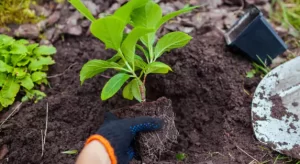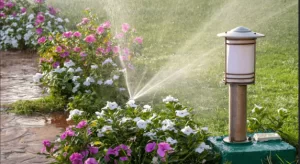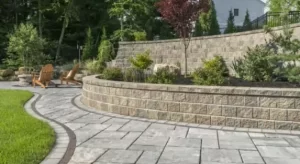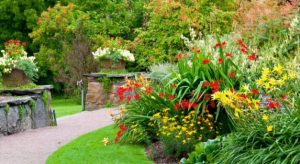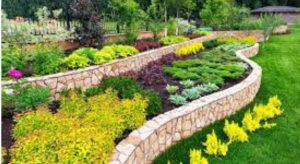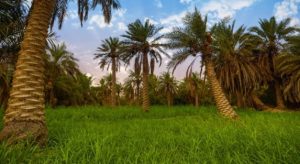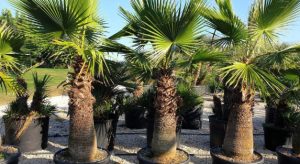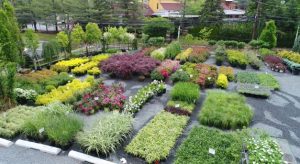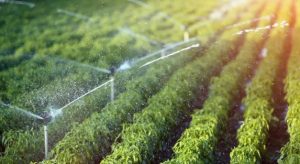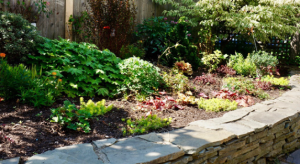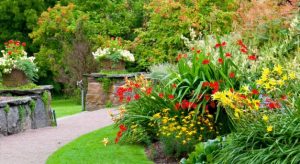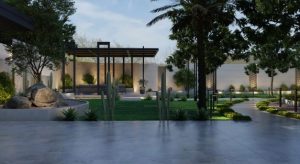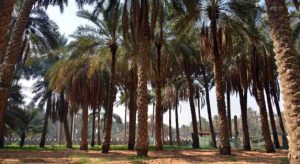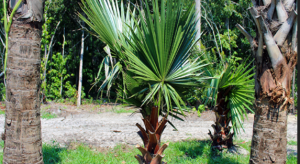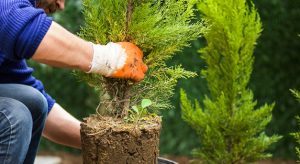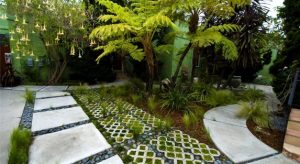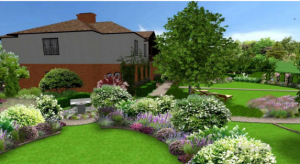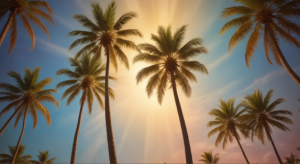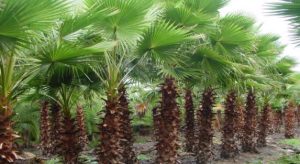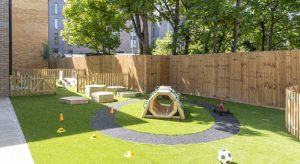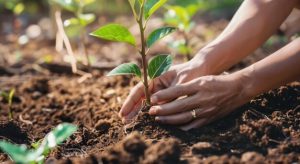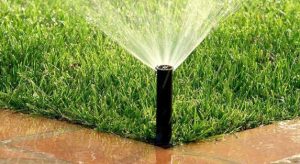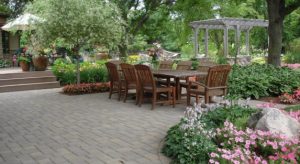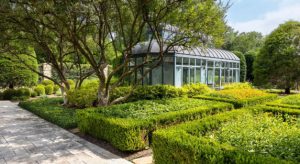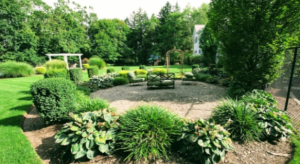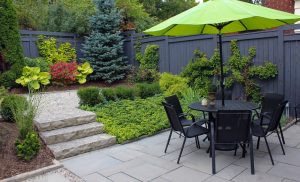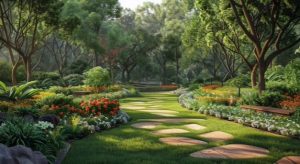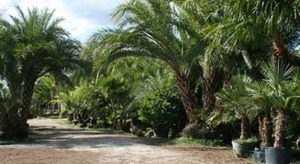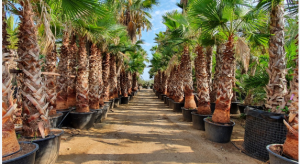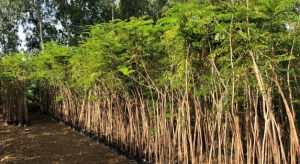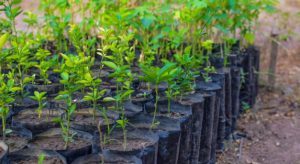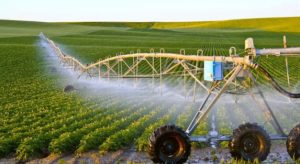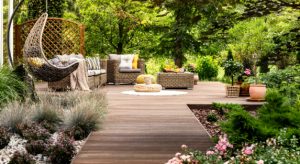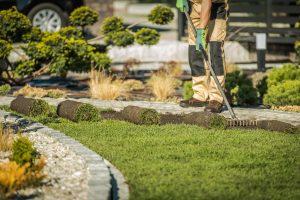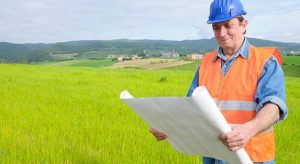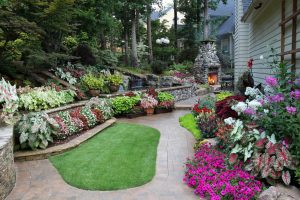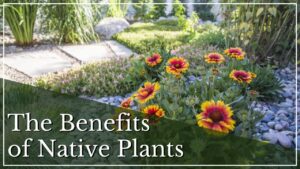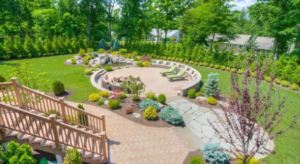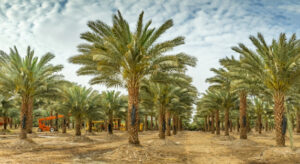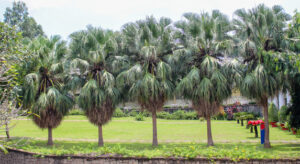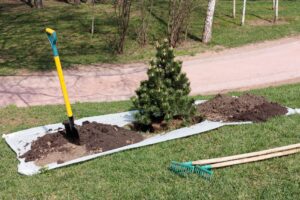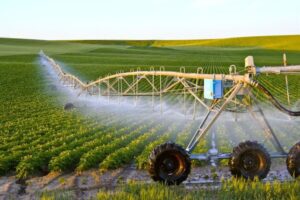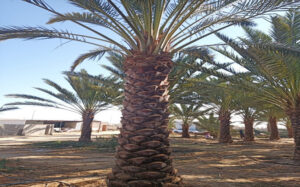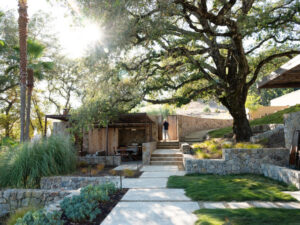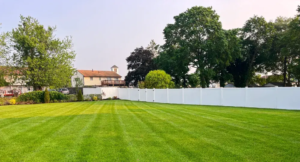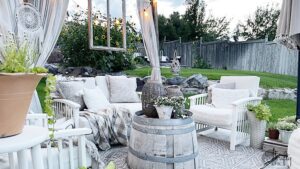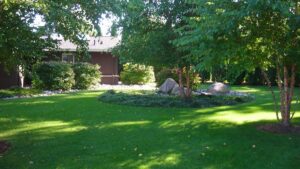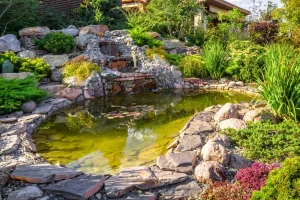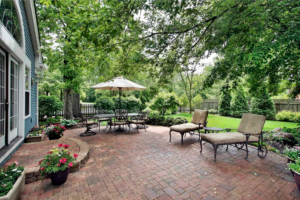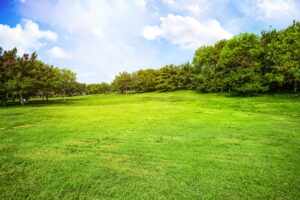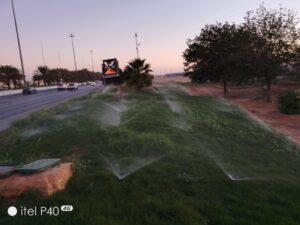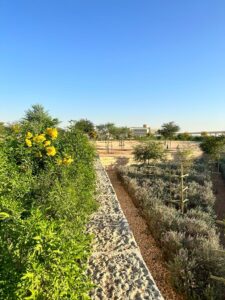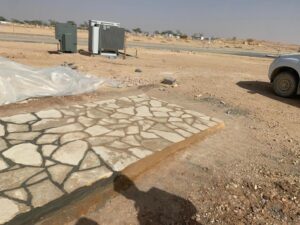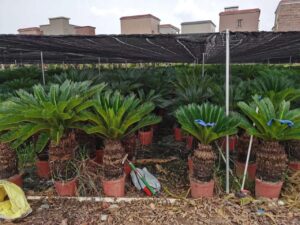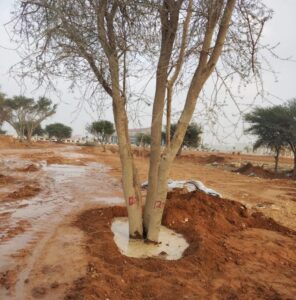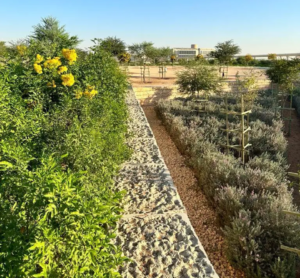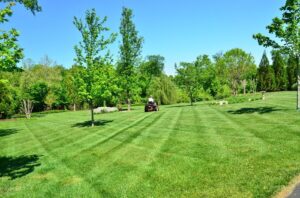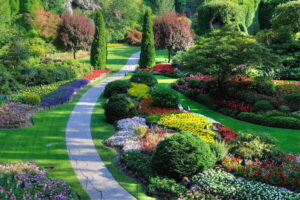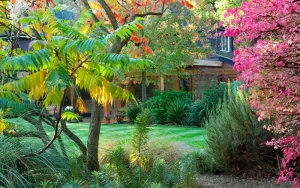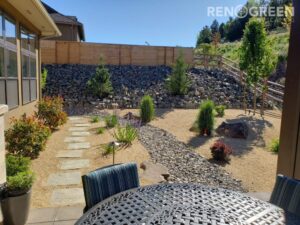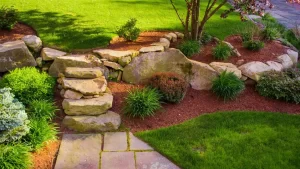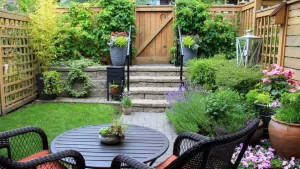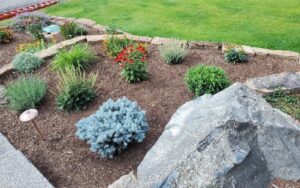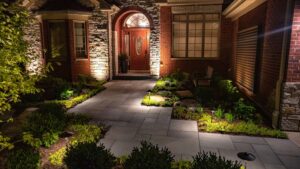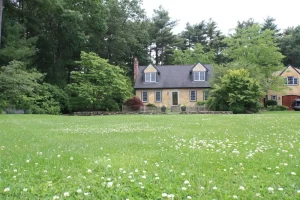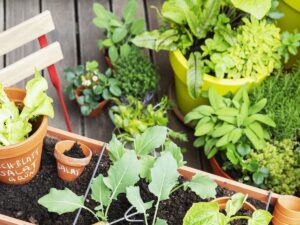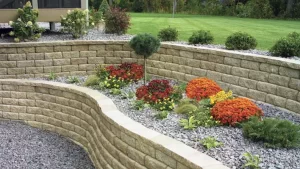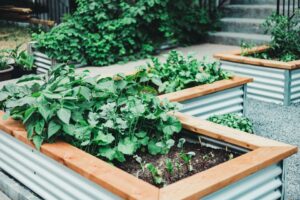The Cultural Significance of Washingtonia Trees
12 February, 2025
Introduction
The Washingtonia tree, a genus of palm trees native to the southwestern United States and northwestern Mexico, has become a symbol of elegance, resilience, and cultural significance across the globe. Known for their towering height, fan-shaped leaves, and adaptability to various climates, Washingtonia trees have found a special place in the hearts of people, particularly in regions like Saudi Arabia, where they are widely used in landscaping and urban design. This article delves into the cultural significance of Washingtonia trees, with a particular focus on their role in Saudi Arabia, and explores the importance of sourcing these trees from a reliable Washingtonia tree supplier in Saudi Arabia.
The Washingtonia Tree: An Overview
Botanical Characteristics
Washingtonia trees belong to the Arecaceae family and are commonly referred to as fan palms. There are two primary species: Washingtonia filifera (California fan palm) and Washingtonia robusta (Mexican fan palm). Both species are characterized by their tall, slender trunks and large, fan-shaped leaves that can reach up to 3 meters in diameter. The trees can grow up to 30 meters in height, making them a striking presence in any landscape.
Historical Background
The Washingtonia tree has a rich history that dates back to the indigenous peoples of the southwestern United States and Mexico. Native American tribes, such as the Cahuilla, used the leaves of the Washingtonia filifera for weaving baskets, sandals, and roofing materials. The tree's fruit was also a source of food, while the trunk provided building materials for shelters.
As European settlers moved into the region, they recognized the aesthetic and practical value of the Washingtonia tree, leading to its widespread cultivation in urban areas. Over time, the tree's popularity spread beyond its native range, and it became a common sight in cities and towns across the world, including Saudi Arabia.
The Cultural Significance of Washingtonia Trees
Symbolism and Aesthetics
The Washingtonia tree is often associated with elegance, grandeur, and resilience. Its towering height and graceful appearance make it a popular choice for landscaping in public spaces, private gardens, and along streets. In many cultures, the tree symbolizes strength and endurance, as it can thrive in harsh conditions, including drought and high temperatures.
In Saudi Arabia, the Washingtonia tree has become a symbol of modernity and progress. Its presence in urban landscapes reflects the country's commitment to creating aesthetically pleasing and environmentally sustainable cities. The tree's ability to withstand the region's extreme climate conditions further enhances its cultural significance, as it represents the resilience and adaptability of the Saudi people.
Religious and Spiritual Significance
In some cultures, palm trees, including the Washingtonia, hold religious and spiritual significance. In Islam, the date palm (a close relative of the Washingtonia) is mentioned in the Quran as a symbol of abundance, prosperity, and divine blessing. While the Washingtonia tree itself is not specifically mentioned in religious texts, its association with palm trees gives it a certain level of spiritual importance.
In Saudi Arabia, where Islam plays a central role in daily life, the Washingtonia tree is often planted in mosques, religious institutions, and public spaces as a symbol of faith and divine favor. Its presence in these settings serves as a reminder of the natural beauty and bounty that Allah has provided.
Environmental and Ecological Importance
The Washingtonia tree plays a crucial role in the environment, particularly in arid and semi-arid regions like Saudi Arabia. Its deep root system helps prevent soil erosion, while its large canopy provides shade and reduces the urban heat island effect. The tree also serves as a habitat for various bird species, contributing to biodiversity in urban areas.
In Saudi Arabia, where water scarcity is a significant concern, the Washingtonia tree's drought tolerance makes it an ideal choice for sustainable landscaping. By planting Washingtonia trees, the country can create green spaces that require minimal water, reducing the strain on its limited water resources.
Economic Importance
The cultivation and sale of Washingtonia trees have become an important economic activity in Saudi Arabia. As the demand for these trees continues to grow, so does the need for reliable suppliers. A reputable Washingtonia tree supplier in Saudi Arabia can provide high-quality trees that meet the specific needs of landscapers, urban planners, and private individuals.
The economic importance of Washingtonia trees extends beyond their sale. The trees are often used in large-scale landscaping projects, such as the development of public parks, commercial complexes, and residential areas. These projects create jobs and stimulate economic growth, further highlighting the tree's significance in the region.
The Role of a Washingtonia Tree Supplier in Saudi Arabia
Ensuring Quality and Sustainability
A reliable Washingtonia tree supplier in Saudi Arabia plays a crucial role in ensuring the quality and sustainability of the trees. High-quality trees are more likely to thrive in their new environment, reducing the need for replacement and minimizing the environmental impact of landscaping projects.
Sustainability is also a key consideration for suppliers. By sourcing trees from sustainable nurseries and using environmentally friendly practices, suppliers can help promote the long-term health of the Washingtonia tree population in Saudi Arabia. This, in turn, supports the country's efforts to create sustainable urban landscapes.
Meeting the Needs of Landscapers and Urban Planners
Landscapers and urban planners in Saudi Arabia have specific requirements when it comes to selecting trees for their projects. A reputable Washingtonia tree supplier in Saudi Arabia can provide trees that meet these requirements, whether it's a certain height, trunk diameter, or canopy size.
Suppliers also play a role in advising landscapers and urban planners on the best practices for planting and maintaining Washingtonia trees. This includes providing information on soil conditions, watering schedules, and pest control. By offering this level of support, suppliers can help ensure the success of landscaping projects and the long-term health of the trees.
Supporting Local Communities
The cultivation and sale of Washingtonia trees can have a positive impact on local communities in Saudi Arabia. By sourcing trees from local nurseries, suppliers can support small businesses and create jobs in the horticulture industry. This, in turn, contributes to the economic development of the region.
In addition, the presence of Washingtonia trees in public spaces can enhance the quality of life for local residents. The trees provide shade, improve air quality, and create a sense of connection to nature, all of which contribute to the well-being of the community.
The Future of Washingtonia Trees in Saudi Arabia
Challenges and Opportunities
While the Washingtonia tree has become a popular choice for landscaping in Saudi Arabia, there are challenges that need to be addressed to ensure its continued success. One of the main challenges is the potential for overplanting, which can lead to a lack of biodiversity in urban areas. To address this, landscapers and urban planners should consider incorporating a variety of tree species in their projects, rather than relying solely on Washingtonia trees.
Another challenge is the potential for pests and diseases to affect the Washingtonia tree population. Regular monitoring and early intervention can help prevent the spread of pests and diseases, ensuring the long-term health of the trees.
Despite these challenges, there are also opportunities for the future of Washingtonia trees in Saudi Arabia. As the country continues to invest in sustainable urban development, the demand for drought-tolerant and environmentally friendly trees like the Washingtonia is likely to grow. This presents an opportunity for suppliers to expand their operations and contribute to the country's green initiatives.
Innovations in Cultivation and Landscaping
Advancements in horticulture and landscaping techniques offer new opportunities for the cultivation and use of Washingtonia trees in Saudi Arabia. For example, the use of drip irrigation systems can help conserve water while ensuring that the trees receive the moisture they need to thrive. Similarly, the development of new pest control methods can help protect the trees from common threats.
In addition, innovations in urban design can enhance the aesthetic and environmental benefits of Washingtonia trees. For example, incorporating green roofs and vertical gardens into urban landscapes can create more green spaces and improve air quality. Washingtonia trees can play a key role in these innovative designs, further enhancing their cultural significance in Saudi Arabia.
The Role of Education and Awareness
Education and awareness are key to ensuring the continued success of Washingtonia trees in Saudi Arabia. By educating the public about the benefits of these trees, suppliers, landscapers, and urban planners can encourage more people to incorporate them into their landscapes.
In addition, raising awareness about the importance of biodiversity and sustainable landscaping practices can help prevent overplanting and promote the use of a variety of tree species. This, in turn, can contribute to the overall health and resilience of urban ecosystems in Saudi Arabia.
Conclusion
The Washingtonia tree holds a special place in the cultural landscape of Saudi Arabia. Its elegance, resilience, and environmental benefits make it a popular choice for landscaping and urban design. As the demand for these trees continues to grow, the role of a reliable Washingtonia tree supplier in Saudi Arabia becomes increasingly important. By ensuring the quality and sustainability of the trees, meeting the needs of landscapers and urban planners, and supporting local communities, suppliers can contribute to the continued success of Washingtonia trees in the region.
As Saudi Arabia continues to invest in sustainable urban development, the Washingtonia tree will undoubtedly play a key role in shaping the country's future. By embracing innovations in cultivation and landscaping, addressing challenges, and promoting education and awareness, Saudi Arabia can ensure that the cultural significance of Washingtonia trees continues to thrive for generations to come.
- Fountain and Waterfalls
- Gardening
- hardscape
- Irrigation system
- Landscape
- Lawn
- Nursery
- Palm Tree
- Plantation and Maintenance
- softscape
- Tree Transplanting
- Washingtonian Tree
Categories
Latest Post
- Fountain and Waterfalls
- Gardening
- hardscape
- Irrigation system
- Landscape
- Lawn
- Nursery
- Palm Tree
- Plantation and Maintenance
- softscape
- Tree Transplanting
- Washingtonian Tree





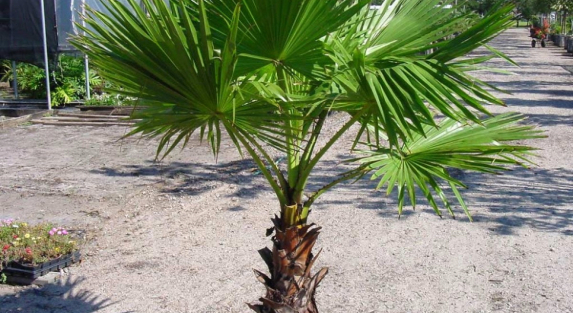
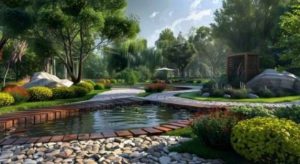
 .
.